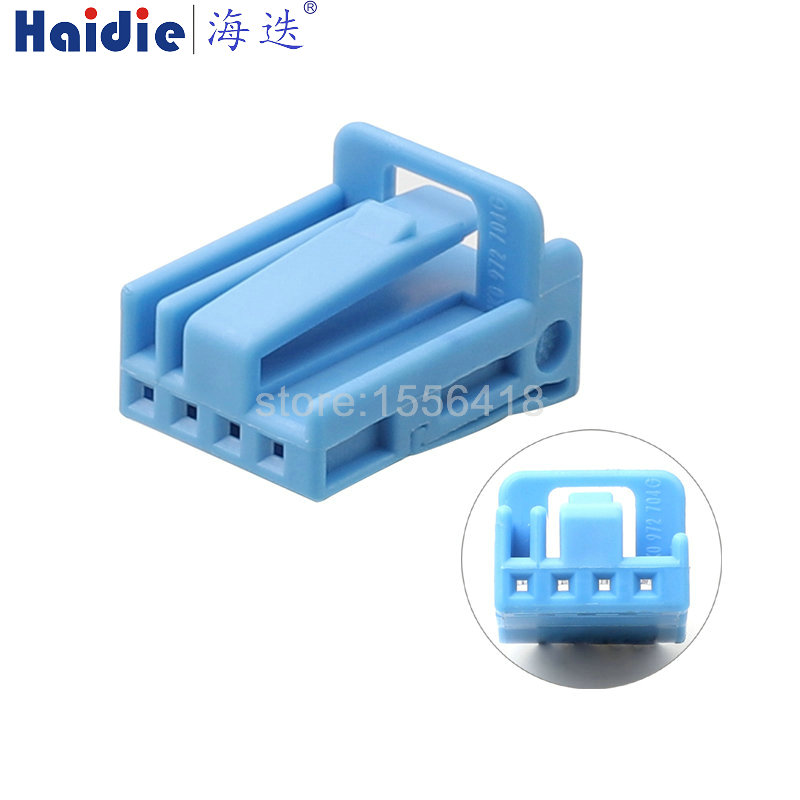Automotive connectors play a vital role in a vehicle’s steering system. The steering system is an important part of the car control system, which involves the driver’s control of the steering wheel of the vehicle so that the vehicle can change direction. As a key component for connecting lines and connecting control modules, the connector provides a reliable electrical connection for the operation of the vehicle steering system.
The application of connectors in steering systems mainly includes the following aspects:
First of all, the connector is used to connect the electrical signal line between the steering gear and the steering sensor, and these sensors can realize real-time monitoring of the steering wheel steering amplitude and status. Through the connector, the sensor can accurately transmit the steering signal to the vehicle control unit in order to automatically control the steering process of the vehicle.
Secondly, the connector occupies an important position in the control unit of the steering system. The control unit communicates with the steering wheel angle sensor, steering motor and other related components through connectors to achieve precise control of the steering wheel operation. Fine control is only possible if the connector provides a reliable electrical connection between input and output.
In addition, connectors can also be used in steering systems for electrical fault detection and troubleshooting. When the steering system of the vehicle fails, by checking whether the connection of the connector is firm and whether the electrical signal transmitted by the connector is normal, the fault point can be quickly located and repaired and maintained.
All in all, connectors play a key role in vehicle steering systems. Its excellent performance in the vehicle steering system ensures the safety and stability of vehicle driving. Therefore, the selection and maintenance of connectors is also particularly important.
Post time: Apr-22-2023


